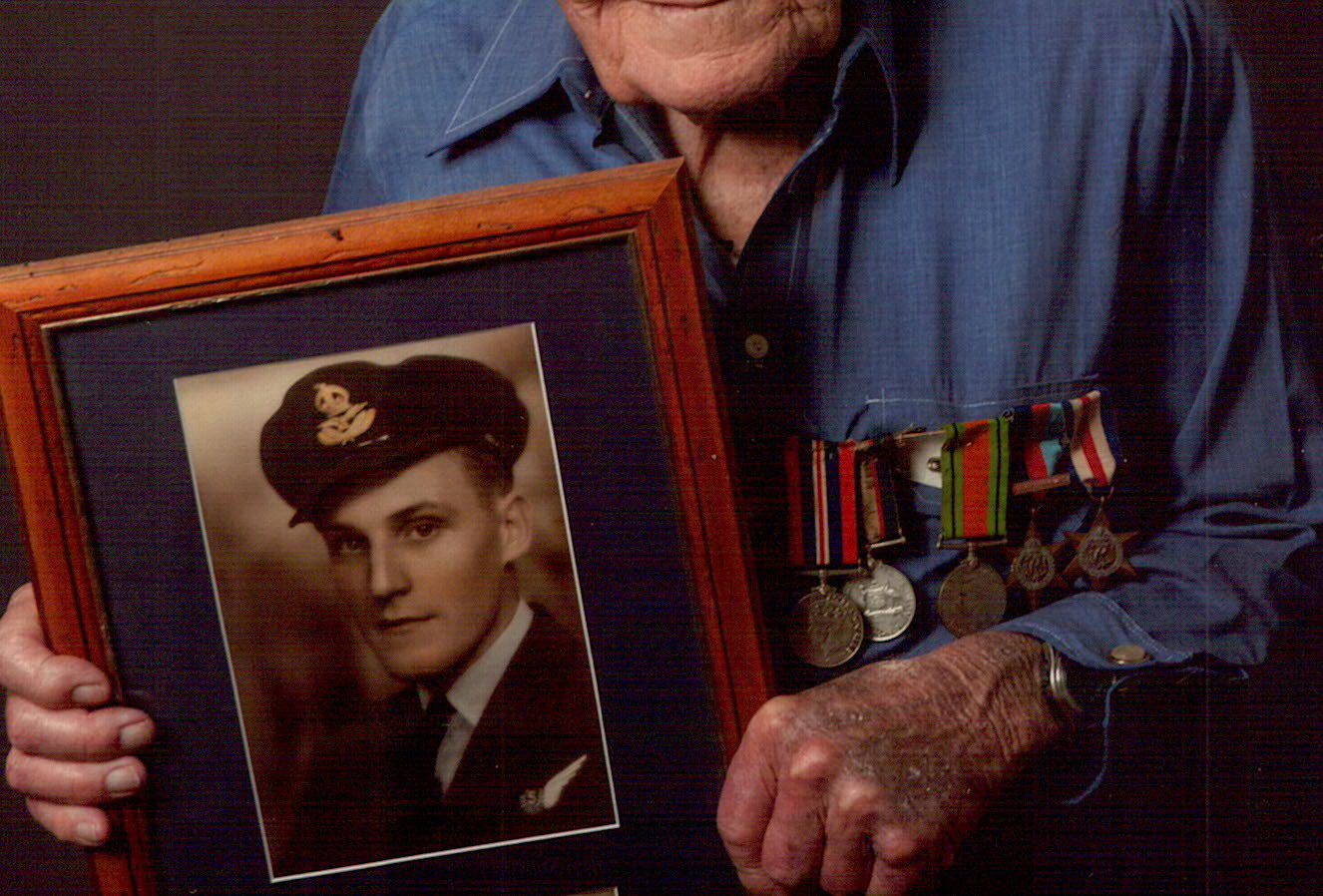Ring Bowls: Top points for getting the kitty inside the ring
We all know and love our sport of lawn bowls, but what about ring bowls? This lesser-known game is just as thrilling and has a strong following of dedicated players.
In a nutshell, players roll a timber ring, rather than a bowl, towards a small white wooden disc about 5cm in diameter,
which is known as the jack or kitty. Played inside or outside, the green is significantly shorter than in lawn bowls, measuring just 10-13m. A rink lasts two bowls with points being awarded to whoever gets closest to the jack.
Each game is played to 21.
The ring bowls in the photographs belonged to the late Alexander “Rex” Kimlin from Point Lookout Bowls Club who passed away in 2017 at the age of 94 years. Hopefully, this article will help honour Rex’s memory and introduce some people to the history of ring bowls.
Rex joined the Point Lookout Bowls Club with his wife Charmian and had about 20 years of happy bowling there. He got his name on the honour boards five times, twice as veteran champion and once as pairs champion, once in a fours championship and in 2015 was named as a life member. He was Patron at the club for six years.
Rex was born in Manly, Queensland on June 3, 1923. Rex led a full life prior to discovering bowls. His love of fishing began at Lytton where the mudflats and tidal creeks where fishing crabbing, prawning and swimming were great pastimes. The family eventually got an old Maxwell car (Maxwell was a brand of automobiles manufactured in the United States of America from about 1904 to 1925. The present-day successor to the Maxwell company is Fiat Chrysler Automobiles) and drove to the Gold Coast for holidays. They stayed at Burleigh as at that time Surfers Paradise was too small and only consisted of a few houses, a pub and a small zoo.
Rex got a job as a “telegram boy” and in June 1942 was accepted as an aircrew trainee with the RAAF.
to be the same for his children and grandchildren. This prompted Rex to write a book about his war service in
the RAAF bomber command called “How Lucky I Was”. He never spoke much about his war experiences or took part in Anzac Day marches for many years. It was only in the latter part of his life that he started to talk about it and began to write the story of his experiences in the war as a wireless operator in Bomber Command, the one area of the services that suffered more casualties than any other arm in all services of war. The average life expectancy of a bomber crew was approximately six missions.
He flew 35 missions over Germany and seemingly managed to survive relatively unscathed physically, but his nerves were shot. His lungs were affected and coupled with his asthma, the damage caught up with him later in life. There are many stories from the war years documented in his book.
From 1962 he had a reunion every year with five fellow veterans who became friends when they joined up. This continued until 2004 until the last of them passed away.
When World War 2 finished in 1945, Rex became a telegraphist in Brisbane in October 1946, where his Morse code training came in handy.
After marrying Charmian and having children, one of the favourite family holidays was Amity. There was no power, no running water and the roads were non-existent at Amity so walking miles and miles to get anywhere was the norm. Sometimes you could walk right up to the fresh water and you wouldn’t see a soul the whole day. The trek home was a bit tough with Rex carrying a large bag of fish, rods and fishing gear in one hand, with his daughter Wendy on his back and other daughter Penny holding the other hand. Rex used to tell many fishing stories but this one stands out. He was fishing right at the point and the tide was on its way in. Normally he’d be wading in water up to his calves but a big swell came in almost to hip height and stayed that way for a while. Feeling a bit nervous, he started to wade back to the beach and there between land and him was a big shark, cruising along, no further than 20 metres from him. Luckily, the shark kept swimming leisurely up along the beach. When it was about 100 meters away, Rex said he ran across the top of the water like Jesus and didn’t go near the water for a week.
Rex loved his sport and in the last few years other than drinking whiskey, watching sport on TV was his favourite activity. He played tennis and cricket in his younger years and later took up golf and lawn bowls. He also enjoyed and was a dab hand at snooker and billiards.
Rex was a fighter up to the end and passed away peacefully sitting in his chair watching the golf. The only thing missing was the whiskey – in Rex’s words “those bloody nurses won’t let me have one just because I’m on antibiotics”.




